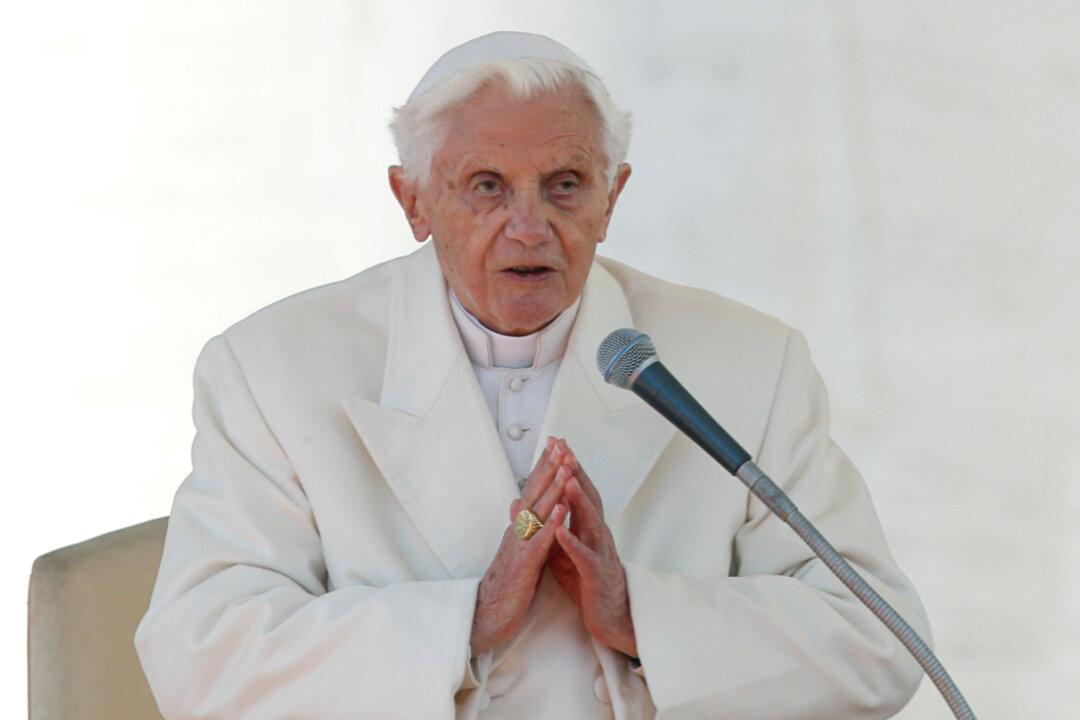VATICAN CITY—Former Pope Benedict has blamed the Catholic Church’s sexual abuse scandal on the effects of the sexual revolution of the 1960s, homosexual cliques in seminaries and what he called a general collapse in morality.
In a rare essay, he said the Church’s legal system had at times been overly protective of accused clerics, citing what he called judicial guarantees that were “extended to such an extent that convictions were hardly possible.”





